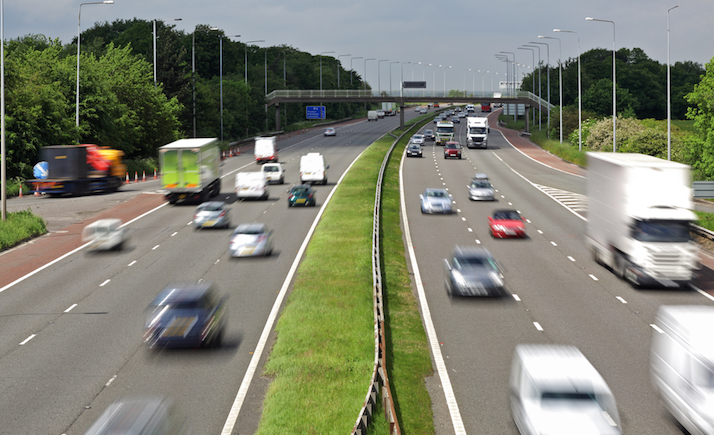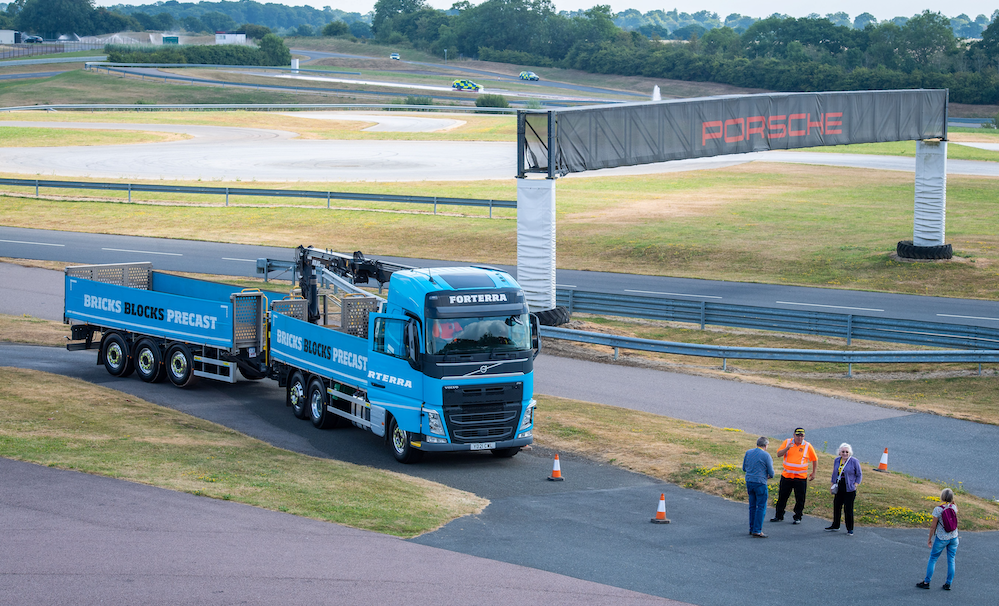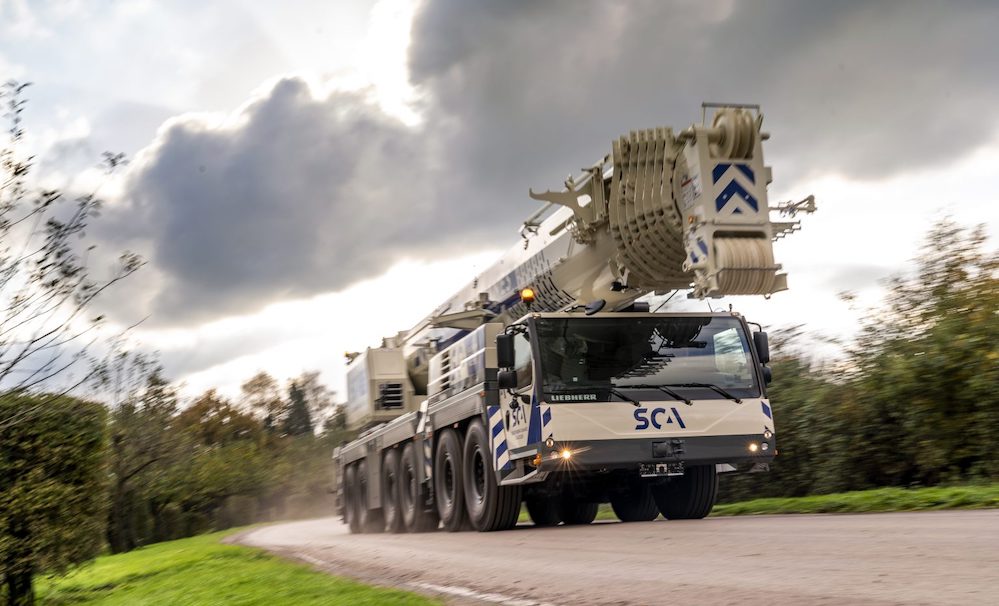Operators are being urged to check their brakes after more than 1 in 10 lorries stopped* by the Driver and Vehicle Standards Agency (DVSA) were mechanically defective and a quarter, or more, of the defects identified affect the vehicle’s brakes.
New figures published today, in the latest Fleet Compliance Checks (FCC) survey indicate the number of unsafe lorries, trailers and buses – British and foreign – using Britain’s roads.
Unlike much of DVSA’s work, which is intelligence-led and targeted, the survey is a random sample of more than 6,000 vehicles. Findings include:
- More than 1 in 10 vehicles – ranging from 11% of GB lorries to 12.5% of foreign lorries had a defect serious enough to warrant a prohibition – a DVSA order to fix the vehicle quickly (or immediately);
- Since 2011 there has been an increase in the number of the most serious, immediate, prohibitions for things like brakes and steering;
- Brake defects are the most common defect across all types of vehicle and across both British and foreign fleets;
- Brake defects comprise 28% of the mechanical defects identified in British HGVs, 44% in British trailers, 33% in foreign HGVs and 42% in foreign trailers.
So DVSA is urging vehicle operators, transport managers and drivers to check their brakes, regularly, as part of their overall maintenance programme, to ensure that their vehicles are safe to drive.
Gareth Llewellyn, DVSA Chief Executive, said:
“DVSA is committed to helping you keep your vehicle safe to drive. Brakes that don’t work, particularly in something with the weight and power of a lorry, can devastate families and their communities. So it’s disappointing that a minority of operators are still not performing effective checks. If we catch you with brakes that don’t work we will take your vehicles off the road to ensure the safety of the travelling public.”
Other results from the FCC survey include:
- As in most previous years non GB vehicles and drivers have higher rates of prohibition and serious offence rates than GB drivers and vehicles;
- Vehicles checked in Hampshire and surrounds have significantly higher rates of mechanical defect than those checked in other parts of the UK; and
- Drivers checked in the North East and parts of Yorkshire are more likely to have committed traffic, e.g. driver hours, offences than in other parts of the country.
The FCC is carried out each year to identify any trends in mechanical defects or drivers hours breaches, providing information to help DVSA target its checks, compare GB and non GB vehicles and pass intelligence onto counterpart agencies across Europe.
* Refers only to random checks for the Fleet Compliance Checks survey.








